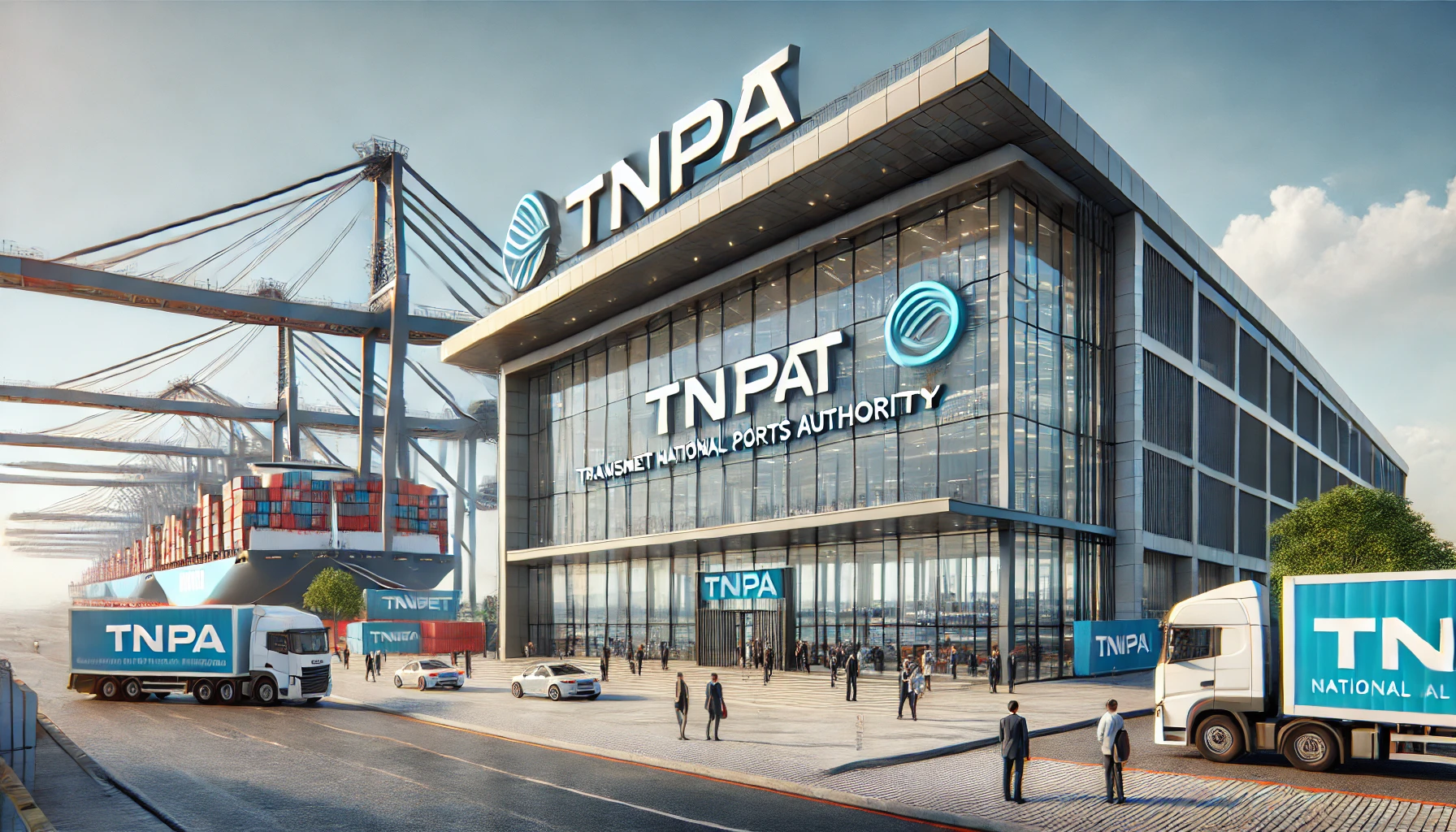TNPA to Renew Island View Leases to Ensure Fuel Security and Transformation
Minister Creecy emphasised that the decision balances two national priorities: sustaining a reliable fuel supply while opening opportunities for broader participation.

- Country:
- South Africa
The Transnet National Port Authority (TNPA) has been instructed to renew the leases of all existing tenants operating at the Island View petrochemical hub within the Port of Durban, one of South Africa’s most strategic energy supply nodes. The move, directed by Transport Minister Barbara Creecy under Section 79 of the National Ports Act No. 12 of 2005, is expected to secure national fuel supply, encourage long-term investment, and advance transformation in a sector historically dominated by a handful of players.
Renewals for Strategic Industry Players
The lease renewals cover major petrochemical tenants, including Bidvest Tank Terminal, H&R South Africa, Chemoleo, UNICO TEC, Astron Energy, VOPAK Terminal Durban, Engen, Total Energies, the South African Petroleum Refineries, and Sasol. These companies collectively manage critical bulk fuel storage, pipelines, and related terminal infrastructure vital for the country’s energy security.
Minister Creecy emphasised that the decision balances two national priorities: sustaining a reliable fuel supply while opening opportunities for broader participation. “Renewing leases at the Port of Durban Island View will ensure fuel supply security for South Africa, provide certainty to tenants, and encourage long-term investment in the infrastructure. Bringing new players into the industry will not only expand participation but also ensure that all South Africans have a stake in the port operations,” she stated.
Conditions Attached to New Terminal Operator Agreements
The lease renewals are conditional on the signing of new Terminal Operator Agreements (TOAs) between the tenants and TNPA. These agreements introduce stricter obligations for operators, including:
-
Transfer of infrastructure ownership: All terminal infrastructure, including bulk fuel storage tanks, pipelines, and related assets, must revert to TNPA at the end of the 25-year concession period.
-
Capital investment commitments: Operators are required to upgrade and maintain facilities to international standards of efficiency, safety, and reliability.
-
Skills development and transformation: Companies must establish training and incubation programmes to empower historically disadvantaged individuals, particularly in technical roles.
-
B-BBEE compliance: Operators must adopt comprehensive transformation strategies that raise Broad-Based Black Economic Empowerment (B-BBEE) levels and increase Black ownership and participation.
According to Creecy, these measures will ensure that while legacy operators remain central to operations, they contribute to a more inclusive and equitable energy economy.
Role of the Central Energy Fund
A key element of the directive is the allocation of fixed access to the Central Energy Fund (CEF) within the Island View precinct. The CEF will initially be allocated 15% of existing capacity, with the possibility of increasing to 30% over time. This access will be periodically reviewed based on utilisation levels.
Crucially, the CEF will serve as a third-party access channel for emerging Black-owned businesses, addressing one of the major barriers to entry in the fuel logistics sector. The Fund has also been granted permission to construct and operate a new Single Buoy Mooring at the Durban Port, entrenching its role in supporting the South African National Petroleum Company (SANPC).
A regulatory framework will be established to ensure transparent allocation of excess storage capacity to new entrants, in line with National Energy Regulator of South Africa (NERSA) guidelines.
Securing Energy at Cape Town Port
Beyond Durban, the Minister has also directed TNPA to renew Astron Energy’s 25-year lease for loading arms at its Joint Bunkering Services terminal in Cape Town. Astron Energy operates one of South Africa’s two remaining crude oil refineries, making it essential for refining strategic reserves.
Between 2019 and 2024, Astron Energy invested more than R463 million in port operations in Cape Town, reinforcing its capacity to meet South Africa’s energy demands. The company has also maintained a B-BBEE Level 1 rating, with Black ownership representing 48.79% of shareholder voting rights, 40.35% of economic interests, and 50% of management control.
Balancing Security and Transformation
The dual directives underscore government’s attempt to strike a careful balance: ensuring energy security for the country while accelerating transformation in a strategic sector. For decades, South Africa’s petroleum and petrochemical industries have been controlled by established multinational players. By introducing conditions for inclusivity, skills development, and ownership transfer, the state aims to gradually reshape the sector while preserving stability in fuel supply.
The directives mark a pivotal moment for both the Port of Durban and the Port of Cape Town, reinforcing their roles as strategic gateways for energy logistics and laying the foundation for a more inclusive and resilient fuel sector.
ALSO READ
Transnet Partners with Liebherr to Modernize South Africa's Ports
Eskom Partners with BYD to Expand South Africa’s EV Charging Infrastructure
DHET, Takealot Forge Landmark Skills Partnership to Empower South African Youth
Afreximbank, South Africa Sign Landmark Deal to Unlock $750m Infrastructure
Kapp and Brits Propel South Africa to Victory in Thrilling ODI Opener










